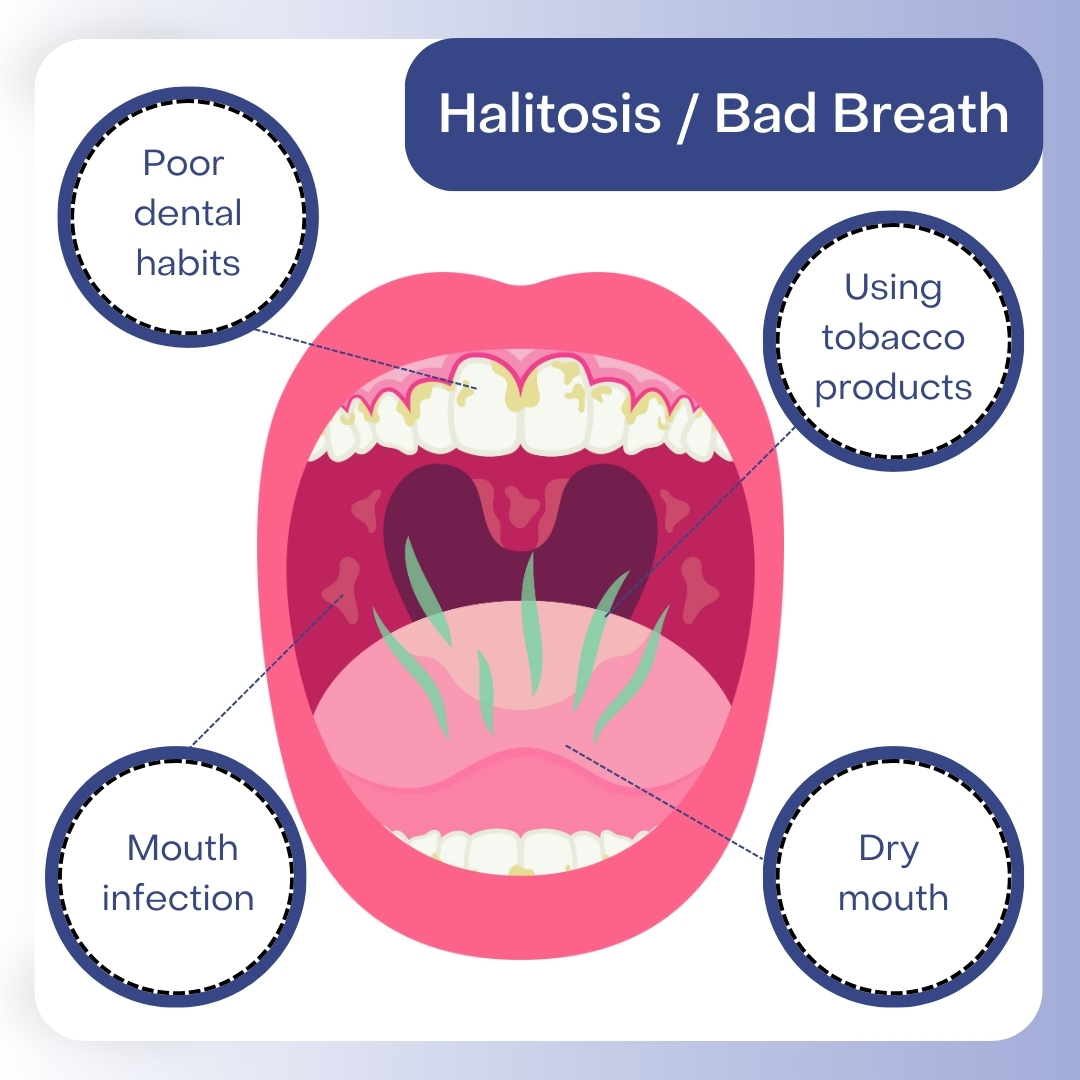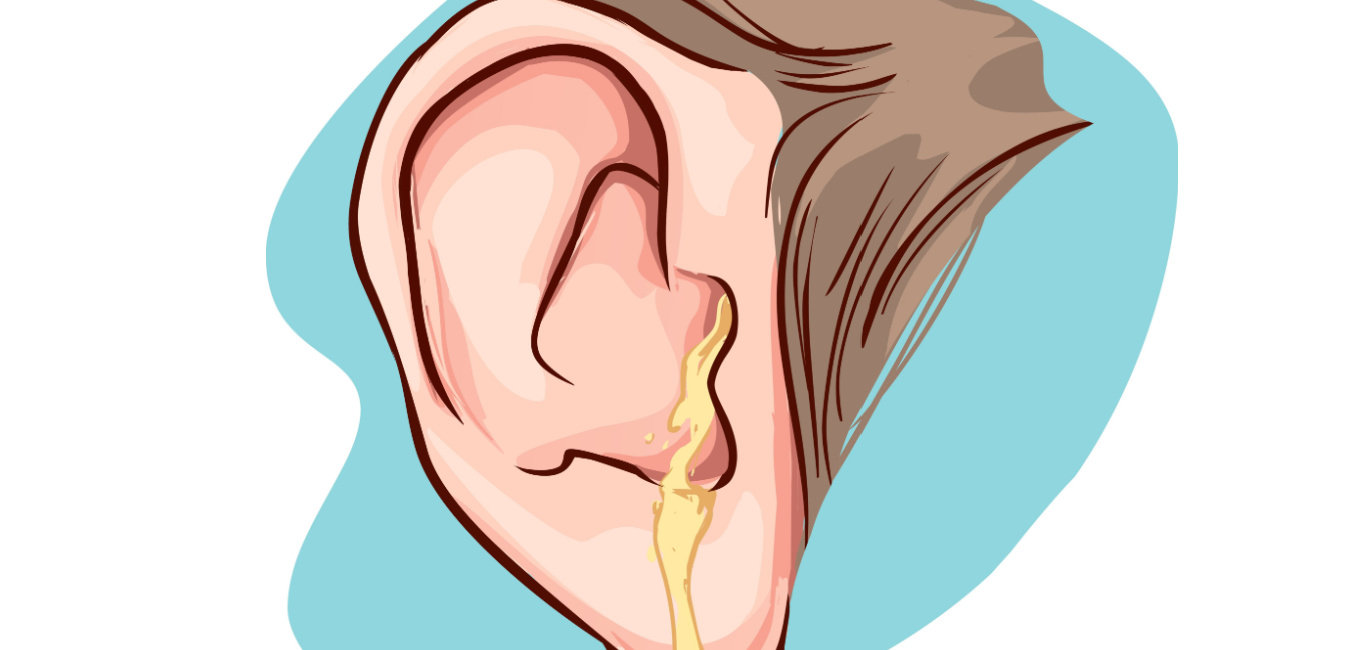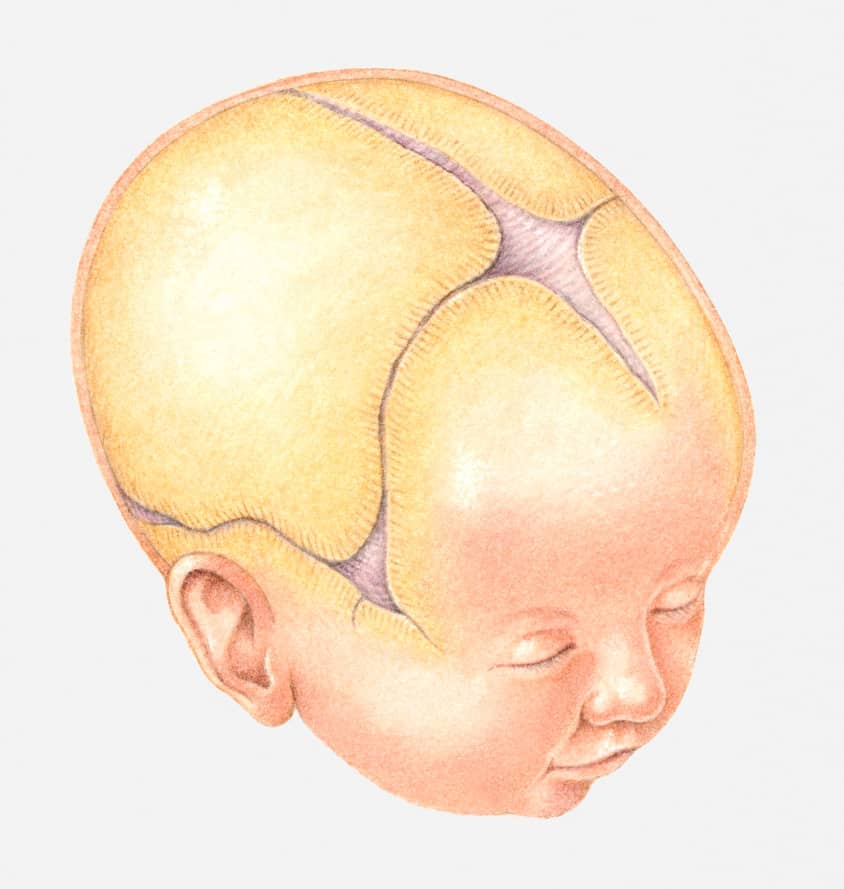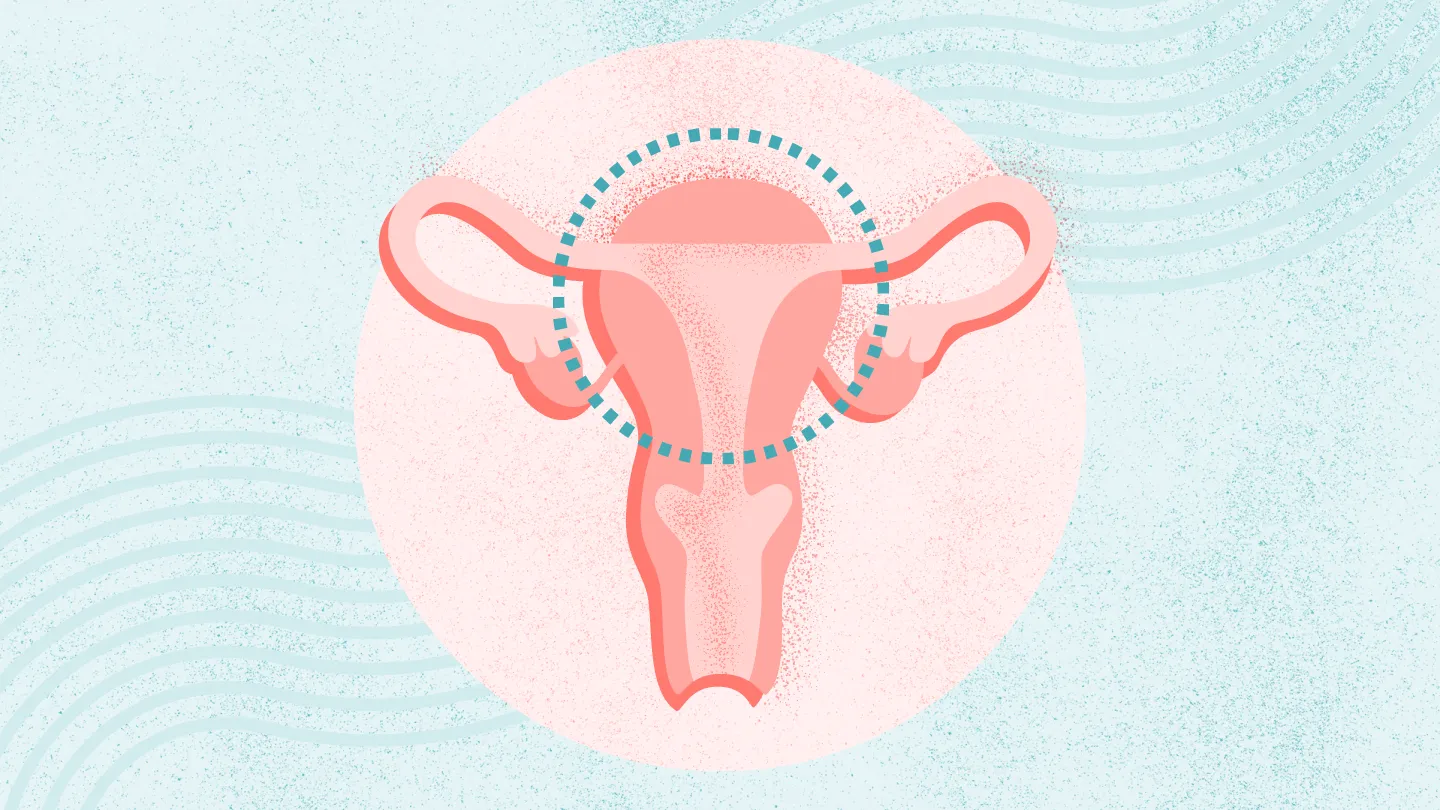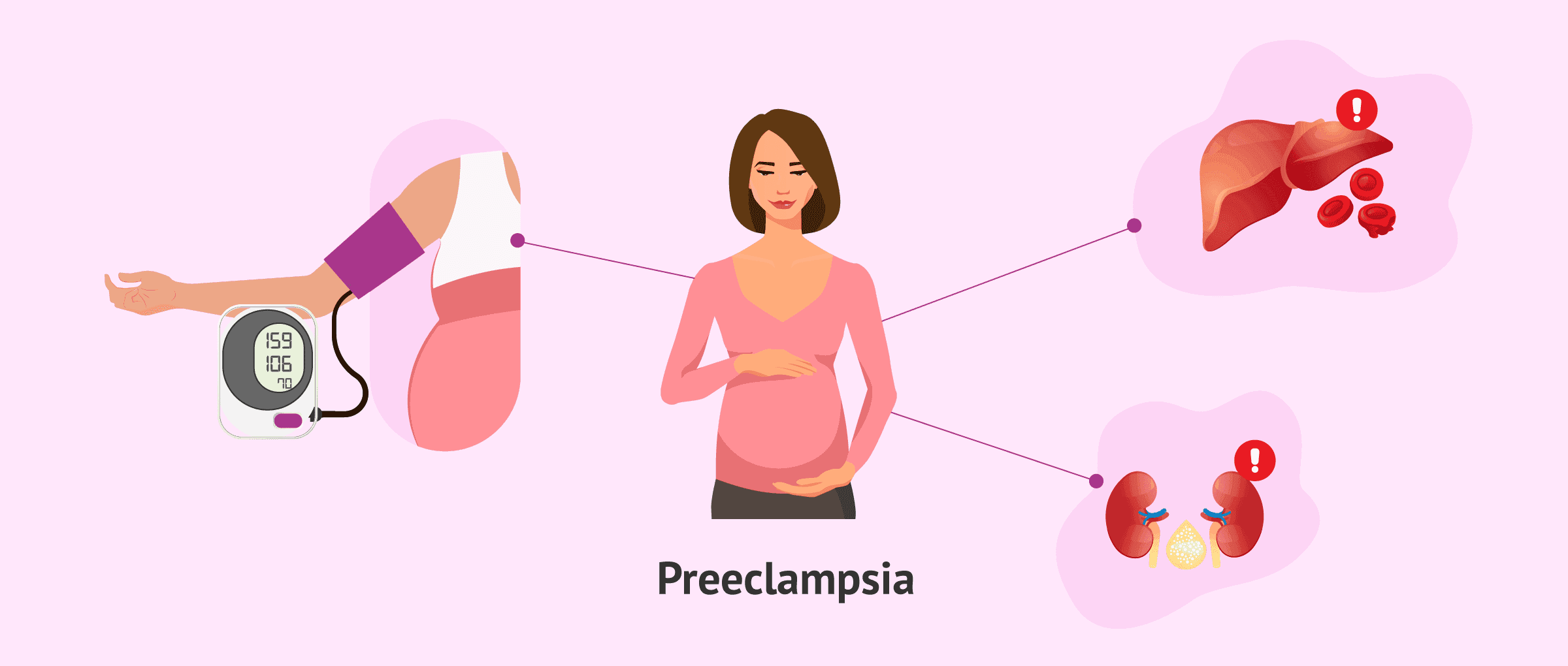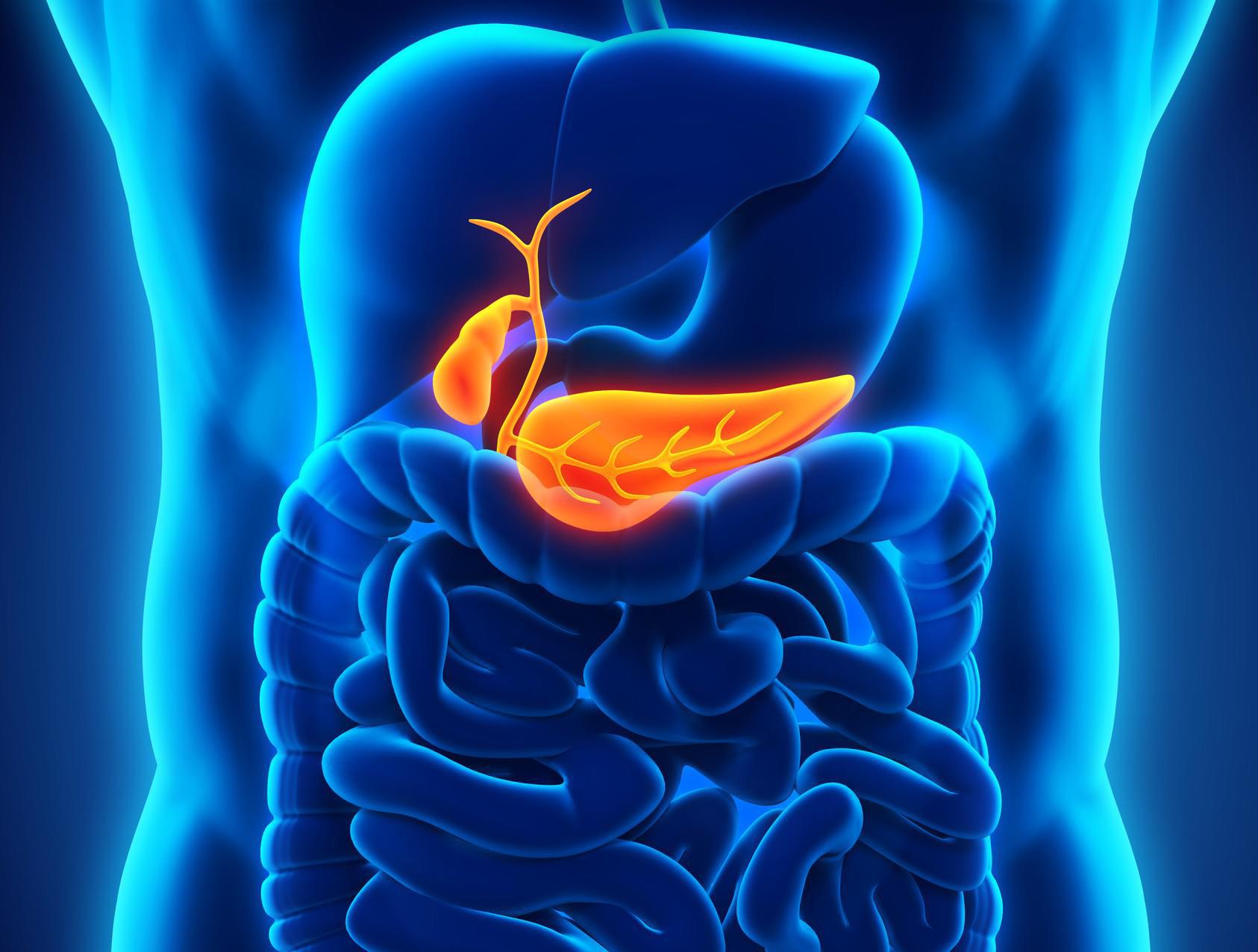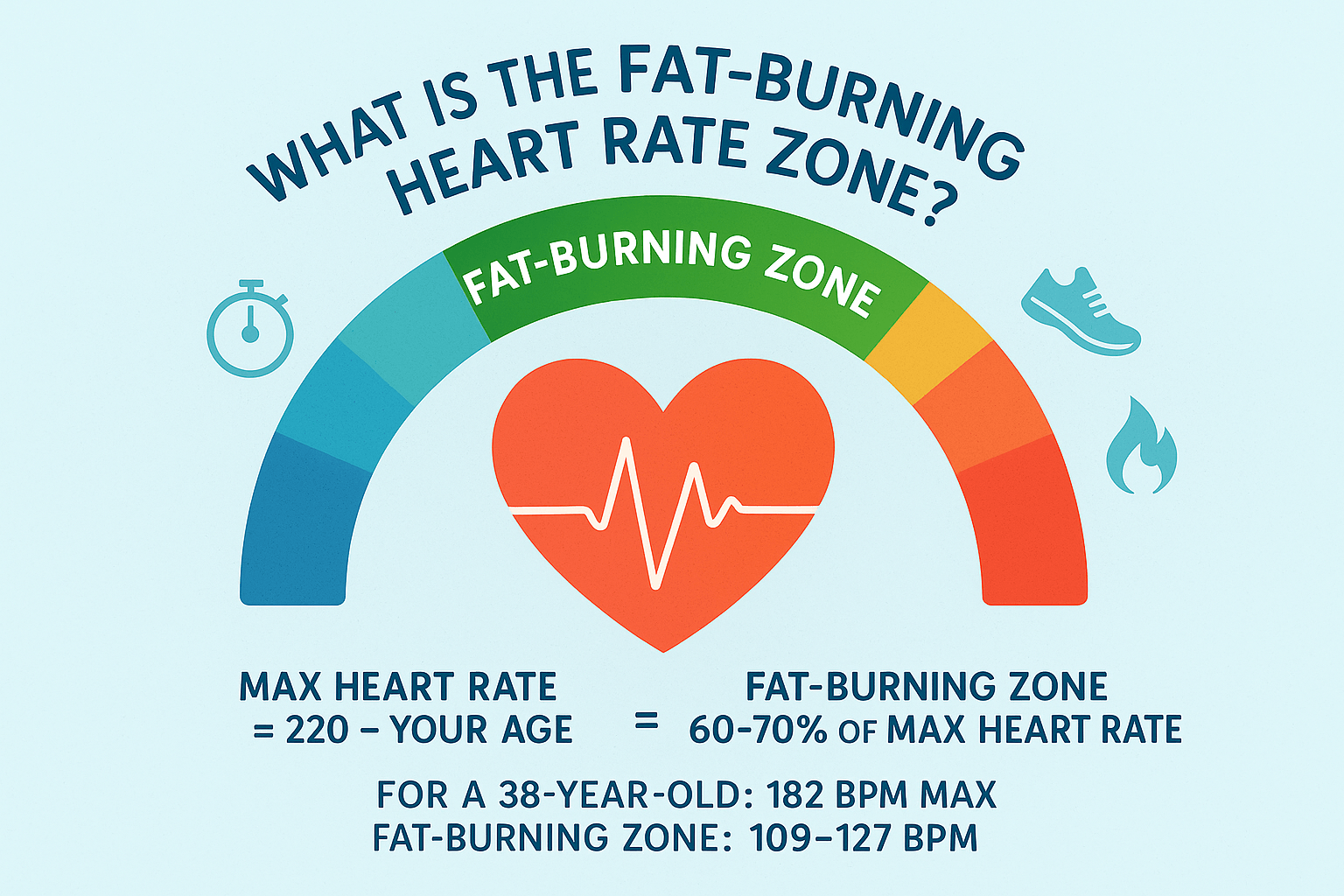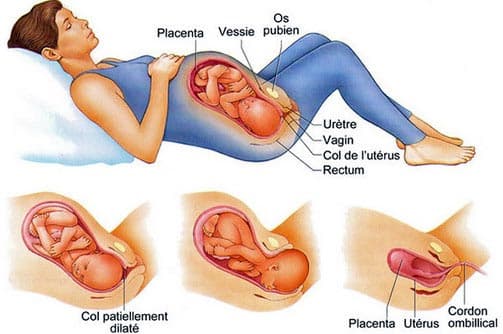Bad breath, or halitosis, is a common condition affecting nearly one in two people at some point in their lives. Beyond the social embarrassment it can cause, persistent oral malodor may signal underlying health issues, ranging from simple oral hygiene lapses to more serious systemic conditions. In this in-depth guide, we’ll explore what halitosis really is, its primary causes, aggravating factors, and evidence‑based strategies to prevent and treat bad breath so you can enjoy fresh confidence every day.
What Is Halitosis?
Halitosis refers to any unpleasant odor emanating from the mouth, whether chronic or intermittent. It can be most noticeable first thing in the morning, after meals, or during periods of stress. At its core, bad breath results primarily from bacterial activity and metabolic byproducts in the oral cavity, though it can also reflect broader health issues elsewhere in the body. Understanding these underlying mechanisms is key to effective management.
Main Causes of Bad Breath
1. Poor Oral Hygiene
Inadequate brushing and flossing allow plaque and tartar to build up on teeth and gums. These bacterial biofilms feed on leftover food particles and release volatile sulfur compounds (VSCs)—the chief culprits behind foul odors. Additionally, debris on the tongue creates a reservoir for bacteria to thrive.
2. Periodontal (Gum) Disease
Gingivitis and periodontitis are bacterial infections of the gums that create deep pockets around teeth. As these pockets deepen, they become ideal breeding grounds for odor‑causing microbes, while the inflammation they provoke releases additional malodorous compounds.
3. Dry Mouth (Xerostomia)
Saliva helps wash away food particles and bacteria. Certain medications, mouth breathing, and aging can reduce saliva flow, allowing bacteria to flourish unchecked. A persistently dry mouth often leads to pronounced bad breath.
4. ENT and Respiratory Infections
Sinusitis, tonsillitis, pharyngitis, and bronchial infections introduce pathogenic bacteria and fungi into the oral and nasal passages. The breakdown of inflamed tissues generates foul‑smelling gases that travel into the mouth.
5. Digestive Disorders
Acid reflux (GERD) and Helicobacter pylori infection in the stomach can force acidic or sulfurous gases upward into the esophagus and mouth, causing a sour or “rotten egg” smell with each burp or exhalation.
6. Diet and Lifestyle Factors
Foods like garlic, onions, and strong spices contain volatile oils that, once absorbed into the bloodstream, are expelled through the lungs. Tobacco, alcohol, and intermittent fasting also disrupt the oral environment and metabolic processes, leading to unpleasant breath.
Aggravating Factors
Several factors can exacerbate halitosis:
-
Stress and Fatigue: Both reduce salivary flow and weaken immune defenses, allowing bacteria to multiply more freely.
-
Uncontrolled Diabetes: High blood sugar levels in the saliva can feed oral bacteria, contributing to ketosis and a characteristic fruity or acetone‑like odor.
-
Keto and Low‑Carb Diets: These induce the production of ketone bodies, whose distinctive scent may be perceived as bad breath.
-
Poorly Fitting Dental Appliances: Ill‑fitting dentures or orthodontic devices can trap food and bacteria if not cleaned meticulously.
Recognizing these contributors helps tailor daily habits to minimize their impact on breath freshness.
Prevention and Treatment Strategies
Optimized Oral Hygiene
-
Thorough Brushing: Brush teeth at least twice daily for two minutes each time, using a soft‑bristled brush and fluoride toothpaste.
-
Tongue Cleaning: Gently scrape or brush the tongue to remove the bacterial biofilm.
-
Interdental Cleaning: Floss or use interdental brushes once daily to clear plaque between teeth.
-
Alcohol‑Free Mouthrinses: Rinse after brushing with antiseptic formulas containing chlorhexidine or essential oils to reduce bacterial load without causing dryness.
Lifestyle and Hydration
-
Stay Hydrated: Sip water throughout the day to maintain saliva flow.
-
Sugar‑Free Gum: Chew xylitol‑sweetened gum to stimulate saliva production.
-
Quit Smoking and Limit Alcohol: Both habits dry out the mouth and promote bacterial growth.
Professional Care
-
Regular Dental Check‑Ups: Biannual cleanings and examinations help catch plaque build‑up, cavities, and gum disease early.
-
ENT and Gastrointestinal Evaluation: If bad breath persists despite optimal oral care, seek assessment by an ENT specialist or gastroenterologist to rule out sinus, throat, or digestive disorders.
Practical Daily Tips
-
Incorporate Crunchy Produce
Apples, carrots, and celery not only provide vitamins but also help mechanically cleanse teeth surfaces. -
Use Natural Breath Fresheners
Chew fresh parsley, mint, or fennel seeds after meals to harness their natural antimicrobial oils. -
Avoid Long Periods Without Food
Snacking on healthy options every three to four hours keeps saliva flowing and discourages bacterial buildup. -
Review Medications
If your prescriptions cause dry mouth, talk to your doctor about possible alternatives or salivary substitutes.
When to See a Professional
If your breath remains noticeably unpleasant for more than two weeks despite diligent home care, schedule a professional evaluation. Early intervention can effectively address infections, periodontal disease, or digestive conditions that might otherwise become chronic and more difficult to treat.
Conclusion
Bad breath is not an inevitable part of life—it’s a signal from your body. By combining rigorous oral hygiene, healthy lifestyle choices, and timely professional care, you can maintain fresh breath and support overall well‑being. Listen to what your mouth is telling you, and take action today for a healthier, more confident smile.
